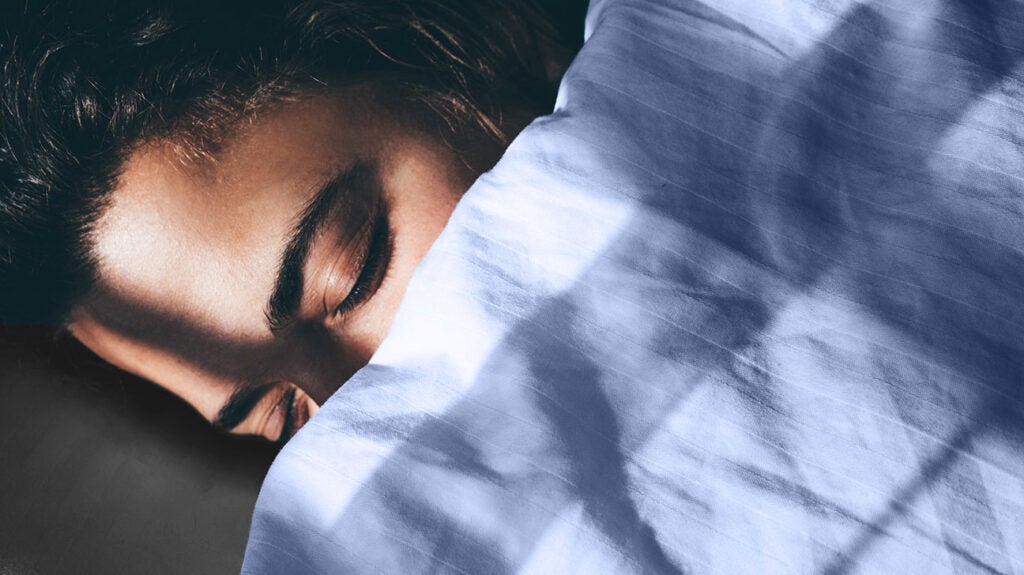Sleep is a vital component of overall health and well-being. However, for some individuals, deep sleep disorders can disrupt this essential function, leading to a host of issues. In this article, we will delve into the mysteries of deep sleep disorders, exploring their causes, symptoms, and potential treatments to help individuals struggling with these conditions find relief and improve their quality of life.
Understanding Deep Sleep Disorders
Deep sleep disorders, also known as parasomnias, are a group of sleep disorders that involve abnormal behaviors, movements, emotions, perceptions, and dreams that occur during sleep or during the transitions between different sleep stages. These disorders can disrupt the normal sleep cycle and lead to fragmented or poor-quality sleep, resulting in daytime fatigue, cognitive impairment, and other negative consequences.
Common Types of Deep Sleep Disorders
- Nightmares
- Sleepwalking
- Sleep terrors
- Sleep paralysis
- REM sleep behavior disorder
- Nocturnal eating disorder
Causes of Deep Sleep Disorders
Deep sleep disorders can have various underlying causes, including:
- Genetics
- Stress and anxiety
- Trauma or PTSD
- Medications
- Underlying medical conditions
- Substance abuse
Risk Factors for Deep Sleep Disorders
- Family history of sleep disorders
- High levels of stress
- Mental health conditions
- Shift work or irregular sleep schedules
- Use of certain medications
Symptoms of Deep Sleep Disorders
Recognizing the symptoms of deep sleep disorder is essential for proper diagnosis and treatment. Common symptoms of deep sleep disorders may include:
- Frequent nightmares
- Episodes of sleepwalking or sleep terrors
- Feeling tired or unrested upon waking
- Daytime fatigue and sleepiness
- Difficulty concentrating or remembering things
- Impaired daytime function
- Anxiety or mood disturbances
Treatments for Deep Sleep Disorders
Managing deep sleep disorders often involves a combination of lifestyle modifications, behavioral therapies, and, in some cases, medications. Here are some common treatment options for deep sleep disorders:
Lifestyle Modifications
- Establishing a regular sleep schedule
- Creating a relaxing bedtime routine
- Avoiding stimulants like caffeine and nicotine close to bedtime
- Creating a comfortable sleep environment
- Managing stress through relaxation techniques
Behavioral Therapies
- Cognitive-behavioral therapy for insomnia (CBT-I)
- Stimulus control therapy
- Sleep hygiene education
- Relaxation techniques
- Biofeedback
Medications
In some cases, medications may be prescribed to help manage the symptoms of deep sleep disorders. These medications may include:
- Antidepressants
- Anxiolytics
- Anticonvulsants
- Medications to regulate sleep cycles
Seeking Help for Deep Sleep Disorders
If you suspect that you or a loved one may be experiencing deep sleep disorders, it is essential to seek help from a healthcare professional. A sleep specialist can conduct a thorough evaluation, diagnose the specific sleep disorder, and develop a tailored treatment plan to address the underlying causes and symptoms.
By unlocking the mysteries of deep sleep disorders and understanding their causes, symptoms, and treatments, individuals can take proactive steps to improve their sleep quality and overall well-being. With the right interventions and support, managing deep sleep disorders is possible, allowing individuals to enjoy restful and rejuvenating sleep once again.

